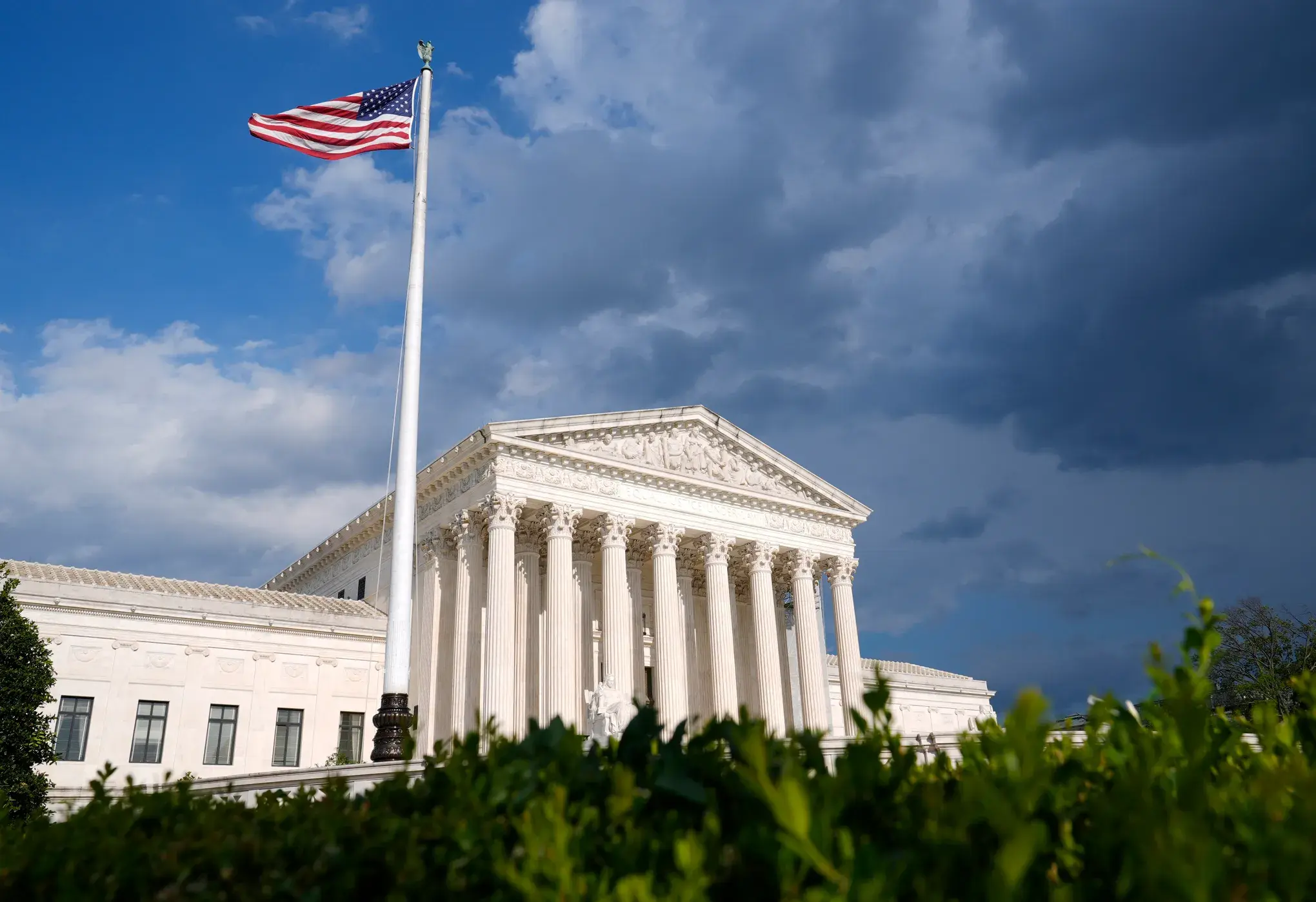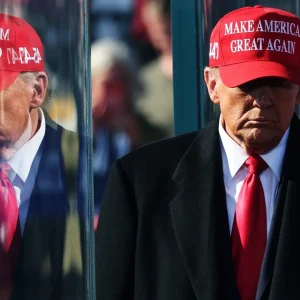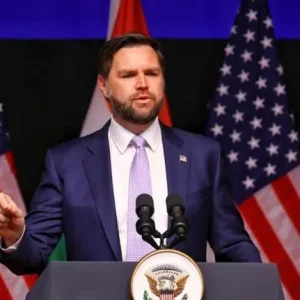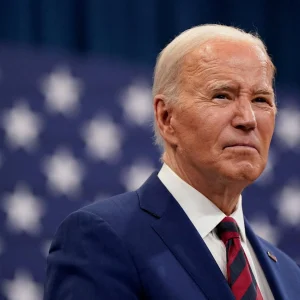On April 30, 2025, the U.S. Supreme Court delivered a pivotal 5-4 ruling in Feliciano v. Department of Transportation, ensuring federal civilian employees who are military reservists receive differential pay during national emergencies, regardless of their specific duties. This decision, affecting potentially 200,000 reservists, guarantees they are paid the difference between their civilian and military salaries when called to active duty. Stemming from a case involving Coast Guard reservist Nick Feliciano, the ruling has ignited discussions about fairness, military recruitment, and federal spending, with significant consequences for reservists across the U.S.

The Feliciano Case: A Win for Financial Security
Nick Feliciano, a Coast Guard petty officer and FAA air traffic controller, served active duty from 2012 to 2017, performing tasks like vessel escorts in South Carolina. He sought differential pay under the Reservists Pay Security Act (5 U.S.C. §5538), which protects reservists from financial loss when military pay falls short of civilian salaries. The FAA denied his claim, arguing his duties weren’t directly tied to national emergencies like the Iraq and Afghanistan wars. After the Federal Circuit upheld the denial, Feliciano appealed to the Supreme Court. In a majority opinion penned by Justice Neil Gorsuch, joined by Chief Justice John Roberts, Justices Sonia Sotomayor, Brett Kavanaugh, and Amy Coney Barrett, the Court ruled that the statute’s language—requiring service “during” an emergency—doesn’t demand a direct connection to the crisis. Gorsuch argued that all reservist service supports national efforts, securing a victory for Feliciano and thousands like him.
Controversy and Costs: A Divided Court’s Concerns
The ruling sparked dissent from Justices Clarence Thomas, Samuel Alito, Elena Kagan, and Ketanji Brown Jackson, who called the interpretation overly expansive. Thomas noted that national emergencies, like the post-9/11 declaration renewed yearly, have persisted since 1933, potentially making differential pay a default entitlement. He warned of budgetary strain, advocating for a narrower reading requiring reservists to link their service to specific emergencies. The majority dismissed this as impractical, prioritizing clarity for reservists.
The decision’s impact is profound. Brian Lawler, Feliciano’s attorney, told Military.com that reservists may now pursue back pay, reviving stalled cases. The ruling bolsters recruitment, as financial disincentives deter reservists, whose numbers have dwindled. X posts reflect mixed sentiment: @MilitaryTimes hailed it as “justice for reservists,” while @FiscalHawk cautioned about “billions in costs.” As the case returns to the Federal Circuit, the ruling affirms support for reservists, balancing their sacrifices with financial stability in times of crisis.






